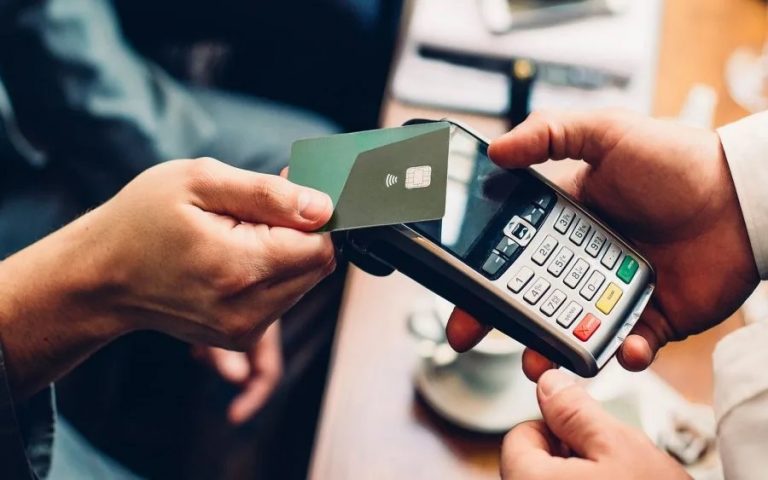
There is no disputing the fact that the exponential growth of digital financial platforms (Fintechs), renders them susceptible to security network breaches due to the vital data they possess, which also makes them a potential target for cybercriminals.
In a bid to accelerate payment and cybersecurity awareness among customers, Nigerian Fintech startup, Palmpay which promotes financial inclusion and enhances consumer experiences, has launched a new payment campaign.
This campaign will help to raise payment security awareness in a desperate attempt to help customers improve their overall security knowledge, and learn about how to spot and avoid e-scammers. The campaign comes as internet penetration and digital payment in Africa have significantly increased in recent years.
Tekedia Mini-MBA edition 14 (June 3 – Sept 2, 2024) begins registrations; get massive discounts with early registration here.
Tekedia AI in Business Masterclass opens registrations here.
Join Tekedia Capital Syndicate and invest in Africa’s finest startups here.
A number of potential issues, including fake news, leakage of personal information, and financial scams have emerged as a result of this rapid expansion in connectivity.
With the launch of its wallet-safe workshop, Palmpay will use both online and offline channels, including the app, social media, official websites, and printed materials to publicize and expose examples of social media and telecom fraud, as well as how to spot fraudulent behavior.
The company will also improve anti-fraud warning education for vulnerable groups such as students and senior citizens, and as well promote legal provisions related to the proper use of mobile wallet accounts to effectively raise people’s awareness of combating and managing telecom fraud and cybersecurity.
The managing director of Palmpay, Chika Nwosu disclosed that the fintech startup is also looking forward to collaborating with law enforcement agencies to prevent fraud on its platform and as well ensure payment security.
In his words;
“The expanding use of digital payments brings new risk and security concerns. Palmpay is committed to delivering users with a secure and trustworthy digital payment experience. We will continue to optimize our risk control procedures, and look forward to collaborating with law enforcement and cybersecurity partners to prevent fraud and secure payment security”.
Chika Nwosu also disclosed that the right fraud monitoring and know your customer (KYC) approaches are key to the current rise in fraud attempts. With robust anti-fraud and KYC systems, PalmPay protects its users from fraud and unauthorized use with various protective measures, including real-time risk control and abnormal behavior detection, which automatically monitors, flags, and freezes high-risk transactions and accounts.
If a person suspects that they or someone else has been a victim of fraudulent activities, they can contact PalmPay customer service via in-app chat, email, social media, or call center. PalmPay will investigate and freeze accounts to avoid additional loss due to fraudulent activities and to maximize the chances of tracing and retrieving funds.
According to a Nigeria Inter-Bank Settlement System report, the total number of fraud attempts in Nigeria has grown by 186% from 2019 to 2020. Mobile fraud attempts jumped 330% year over year, while web and POS fraud attempts rose 173% and 215% respectively.
The digital world is no doubt ruled by fintech applications and software, from online banking to mobile wallets, which makes it easy for people to send and receive funds, as well as save money.
However, despite the positive impact of Fintech today, the chances of security breaches and data theft have also increased which often result in the loss of sensitive personal and financial information. It has therefore become a top priority for financial institutions to guarantee the security of users’ transactions.



